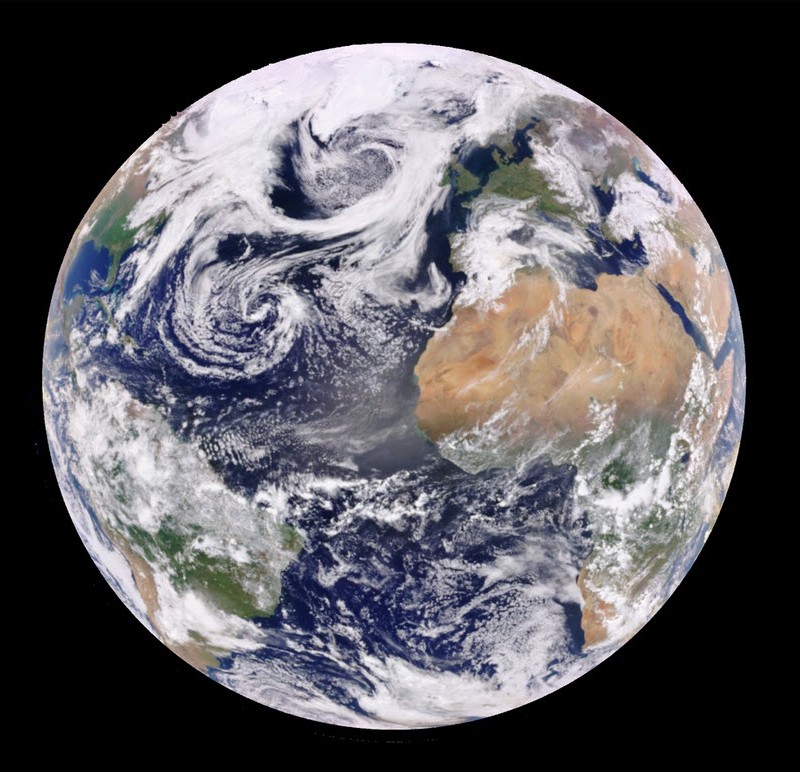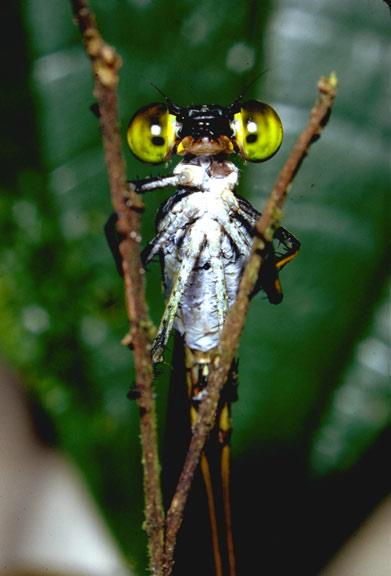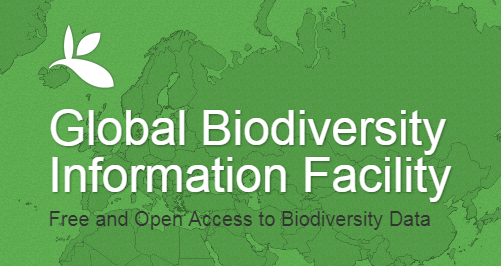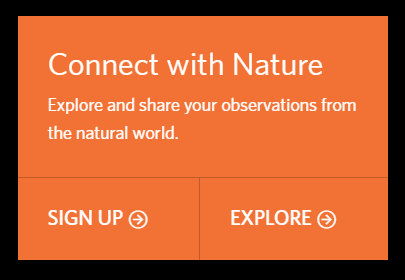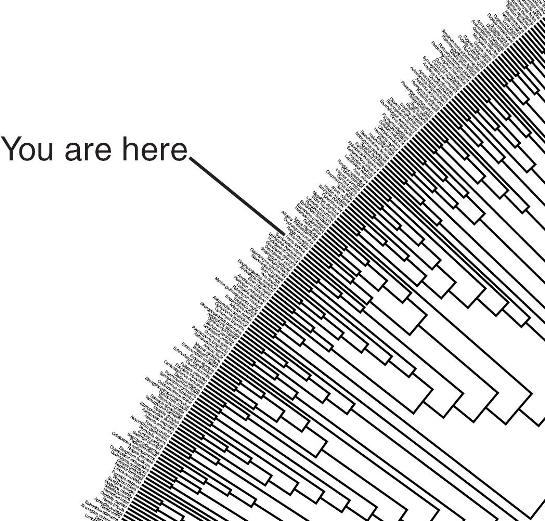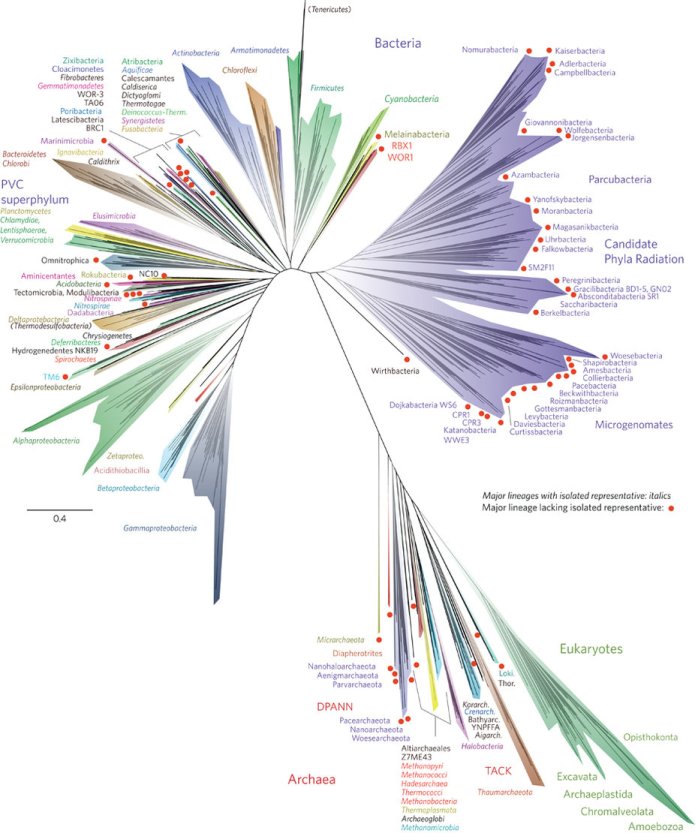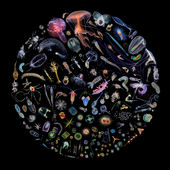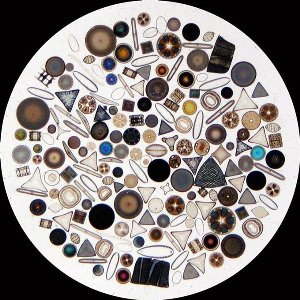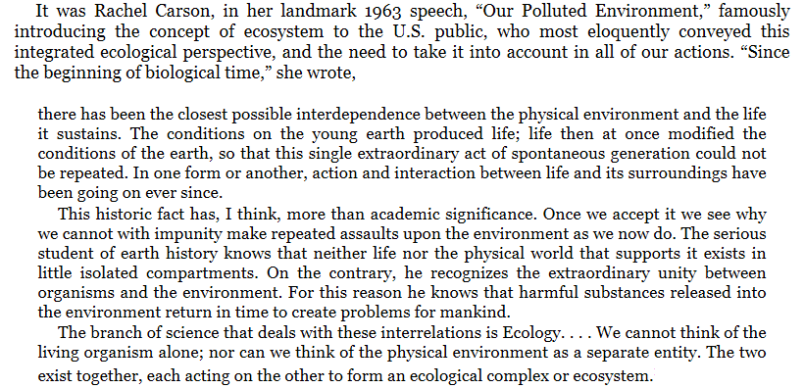All Species Day: Difference between revisions
Siterunner (talk | contribs) No edit summary |
Siterunner (talk | contribs) No edit summary |
||
| Line 64: | Line 64: | ||
: http://www.planetcitizen.org | :• http://www.planetcitizen.org | ||
: http://www.planetcitizens.org | :• http://www.planetcitizens.org | ||
: http://www.greenpolicy360.net/w/Anthropocene | :• http://www.greenpolicy360.net/w/Anthropocene | ||
: http://www.greenpolicy360.net/w/Extinction | :• http://www.greenpolicy360.net/w/Extinction | ||
: http://www.greenpolicy360.net/w/Tree_of_Life | :• http://www.greenpolicy360.net/w/Tree_of_Life | ||
: http://www.greenpolicy360.net/w/Climate_News | :• http://www.greenpolicy360.net/w/Climate_News | ||
: http://www.greenpolicy360.net/w/Look_at_how_thin_our_atmosphere_is | :• http://www.greenpolicy360.net/w/Look_at_how_thin_our_atmosphere_is | ||
: http://www.greenpolicy360.net/w/New_Definitions_of_National_Security | :• http://www.greenpolicy360.net/w/New_Definitions_of_National_Security | ||
: http://www.greenpolicy360.net/w/Earth_Right_Now | :• http://www.greenpolicy360.net/w/Earth_Right_Now | ||
: http://www.greenpolicy360.net/w/Environmental_movement | :• http://www.greenpolicy360.net/w/Environmental_movement | ||
| Line 124: | Line 120: | ||
:https://upload.wikimedia.org/wikipedia/commons/2/28/Hortus_Cliffortianus_folia_simpl.png | :• https://upload.wikimedia.org/wikipedia/commons/2/28/Hortus_Cliffortianus_folia_simpl.png | ||
| Line 146: | Line 142: | ||
Eukarya: 1,660,000 | Eukarya: 1,660,000 | ||
Of the described eukarya species 1,600,000 based on described species, including: | Of the described eukarya species 1,600,000 based on described species, including: | ||
Revision as of 16:18, 22 April 2019
This year's Earth Day is Protect Our Species and draws draw attention to rapid global destruction and reduction of the world's plant and wildlife populations.
"All living things have an intrinsic value, and each plays a unique role in the complex web of life. We must work together to protect endangered and threatened species."
- • April 22nd, Earth Day / https://www.earthday.org/campaigns/endangered-species/earthday2019
Siterunner / All Species projects build a sense of community while reestablishing our connection to the natural world.
GARY SNYDER, in his book "The Practice of the Wild", talks about riding in a pickup truck in Australia with an aborigine. As they were traveling along, the man was telling stories at an 'amazing pace, too fast for them to be told properly'. Snyder wonders why the hyperactive story-telling. He finally discovers that important knowledge of the man's tribe is recited as the tribe moves along in the bush. Each feature of the landscape relates to a specific story or part of a story.
At the speed of a moving pickup, of course, the stories had to be told faster....
- Steven Schmidt -- human species
- Santa Fe, NM
- With your GreenPolicy Siterunner in Santa Fe circa 1989 on All Species Day. Looking back and looking forward to the challenges of affirming and protecting diversity of life in the midst of the "Sixth Extinction"
- Santa Fe - 'holy faith' in Spanish - was named in memory of the 'holy faith of St. Francis of Assisi', the patron saint of animals and ecology.
A tip of the hat to the first Catholic pope to choose to name himself after St. Francis, and to his encompassing Laudato Si eco-encyclical offered in 2015 as the Catholic Church sets forth a vision of green values and action.
Pope Francis on the Environment
- ······················································································
- Life in Its Diversity, Protect & Preserve Us
- ··········································
IPBES, Biodiversity and Extinction
iNaturalist.org
- Identify Anything, Anywhere, Instantly (Well, Almost) With the Newest iNaturalist App
○
The early Greeks and Romans had a well established set of taxonomic names for species of animals and plants, based upon the macroscopically observable characteristics of organisms, with Aristotle being the chief architect of this codification; even earlier, the Egyptians and Cretans developed basic symbols and names for species important in farming and culture. It was not until the year 1686 when English naturalist John Ray introduced the concept that species were distinguished by inevitably producing the same species, though considerable morphological variation was observed within a species.
Carl Linnaeus (1707–1778) formalized the taxonomic rank of species, and developed the two part naming system of binomial nomenclature that survives to current times, with genus and species names in Latin form.
Estimation of species numbers
Since most of the planet's species are deemed to be undiscovered, it is exceedingly difficult even to estimate the total number of species on Earth. An 2011 innovative study estimated the total number of species to be about 8.7 million, with around 86 percent of which are presently undiscovered.[2] The following represents a rough approximation of the number of species by taxonomic group, with ranges given for varying estimates of the species numbers:
Bacteria: 5,000,000 to 10,000,000
Archaea: 20,000 (based upon only marine species)
Eukarya: 1,660,000
Of the described eukarya species 1,600,000 based on described species, including:
297,326 plants, including:
15,000 mosses
12,000 ferns
1,025 fern allies
980 gymnosperms
258,650 angiosperms
199,350 dicotyledons
59,300 monocotyledons
9,671 red and green algae
2,849 brown algae
100,000 fungi (of an estimated total 1,500,000 other non-animals) including:
25,000 lichens,
16,000 mushrooms
30,000 red, brown and blue-green molds
17,000 conidial fungi
1,260,000 animals, including:
1,203,375 invertebrates:
950,000 insects
81,000 mollusks
50,000 crustaceans
2175 corals
130,200 others
59,811 vertebrates:
29,300 fish
6199 amphibians
8240 reptiles
9956 birds
5416 mammals
○
Endangered
Endangered species...
https://www.greenpolicy360.net/w/Endangered_species
○ ○ ○ ○ ○ ○ ○ ○ ○ ○ ○ ○ ○ ○ ○
Warming Oceans Phytoplankton & Photosynthesis
The 'tiny little ones' -- www.tinybluegreen.com
○
"It's all connected..."
- ·····················································································
○
- Anthropocene
- Alternative Agriculture
- Biodiversity
- Bioneers
- Bioregionalism
- Biosphere
- Citizen Science
- Climate Change
- Earth Law
- Earth Science
- Endangered Species
- Environmental Protection
- Environmental Security
- Extinction
- Ecology Studies
- Ecoregions
- Fisheries
- Forests
- Green Best Practices
- Green Politics
- Land Ethic
- Microbiology
- Natural Capital
- Natural Resources
- Ocean Ecosystem
- Ocean Science
- Ocean Sustainability
- Oceans
- Permaculture
- Planet Citizen
- Planet Citizens
- Planet Citizens, Planet Scientists
- Resilience
- Rights of Nature
- Soil
- Strategic Demands
- Sustainability
- Sustainability Policies
- Wildlife
